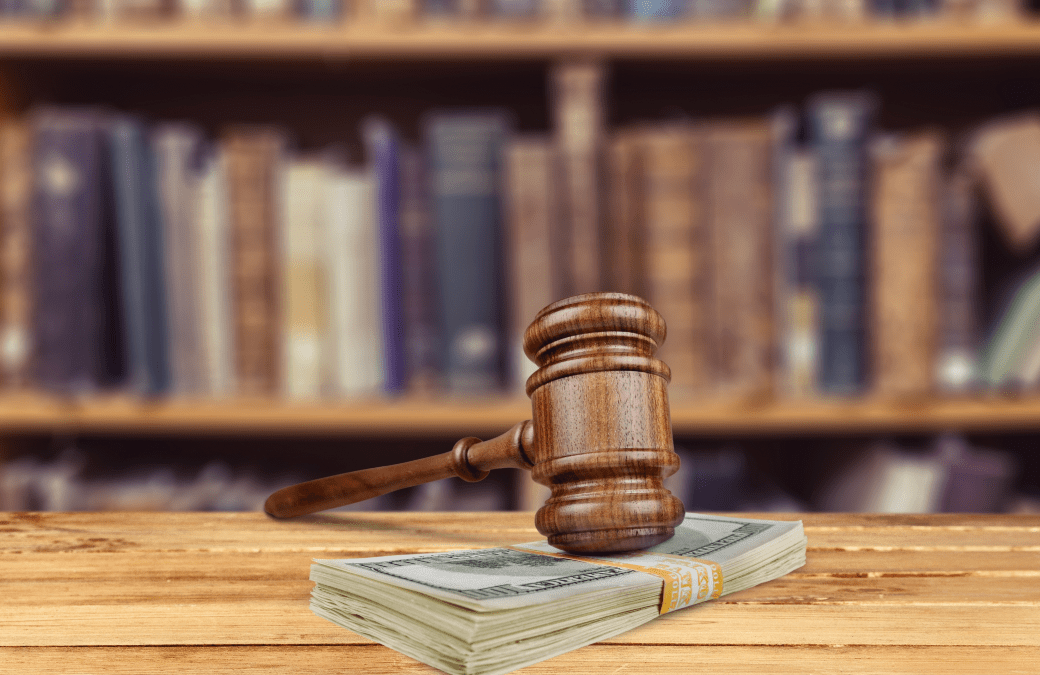Setareh Law
December 8, 2023
If you have recently been involved in a personal injury claim, you might be wondering about the compensation that may be available to you. Depending on the nature of your case, you may be entitled to receive either compensatory or punitive damages.
While compensatory damages focus on paying a victim for any variation of financial, physical, or emotional loss suffered in an avoidable incident, punitive damages exist to punish the defendant instead of compensating the plaintiff. Continue below to learn more about the process of obtaining punitive damages and whether you might be entitled to claim them with the help of an experienced personal injury lawyer.
Understanding Punitive Damages
Punitive damage, also known as exemplary damage, is a punishment levied against a defendant where the amount being paid out is reflective of the defendant’s actions rather than the plaintiff’s loss. In order to obtain the punitive damages within a civil claim, plaintiffs must provide the court with clear evidence of either malice, oppression, or fraud.
The burden of proof is the responsibility of the plaintiff and their legal representative, and it is up to them to gather convincing evidence to prove their case. This evidence must directly relate to the damages or losses suffered by the plaintiff as a result of the defendant’s actions.
Circumstances for Awarding Punitive Damages
The court will only proceed with issuing punitive damages as a punishment for a defendant if the plaintiff can reasonably provide proof of their wrongdoing. In the State of California, this means that the plaintiff and their attorney must bring forth evidence that the defendant has committed one of the following:
- Malice: Behavior that caused (or intended to cause) harm to the plaintiff, whether through action or inaction
- Oppression: Despicable conduct that results in cruel and unjust hardship for a victim
- Fraud: Intentionally deceiving the plaintiff through misrepresentation that caused harm, loss, or damage
Bringing a case to court with the intention of seeking punitive damages can be intimidating when the burden of proof is on your shoulders. Having a trustworthy personal injury lawyer at your side can help to mitigate some of your anxieties and guide you more easily through the process.
Determining the Scale of Punitive Damages
Calculating the amount of punitive damages rests with the judge who is handling your case. This determination is typically based on how much the defendant can pay and the severity of their actions. Punitive damages are assigned less frequently than compensatory damages because they exist to dissuade defendants from repeating their actions in the future rather than compensate victims, but cases dealing with crimes such as homicide have a much higher chance of punitive damages being awarded.
Within the courts, there is no rule that exists for establishing the amount of money a defendant will have to pay if they are served punitive damages. Ultimately, a judge will decide whether a claim is severe enough to call for punitive damages and whether there is enough proof to move forward.
Examples of Situations that May Result in Punitive Damages
There is no specific set of circumstances in which punitive damages will be awarded. Each case is different and must be investigated before any compensation can be given, but the following list includes several instances where a plaintiff might receive punitive damages:
- Racially-charged misconduct or other similar circumstances of discrimination
- Drunk driving or driving under the influence of drugs
- Medical negligence
- Sexual molestation
- Identity theft
The system of punitive damages can be applied to different types of cases regardless of their scale or severity. If a toy company distributed toys that they knowingly made with potentially dangerous plastic, they could be sued and forced to pay punitive damages to consumers. Similarly, if someone is fired from their workplace due to their sexual orientation, their boss may be ordered to pay punitive damages, as well. Each case of personal injury is unique and must be investigated thoroughly before the judge makes a decision.
Contact a Trusted Personal Injury Attorney in California
Dealing with a personal injury claim in California can be challenging, and it can be even more difficult if you are hoping to seek punitive damages. If you’re ready to move forward with your case and want to get the best results, reach out to the experienced attorneys at Setareh Law. We can help evaluate your claim and get you the fair compensation you deserve.
Don’t wait another day to get justice for your case. Give us a call at (310) 659-1826 or contact us online for a free consultation.


